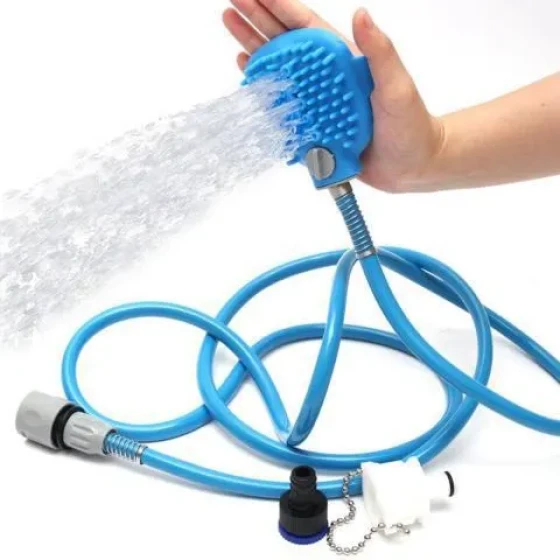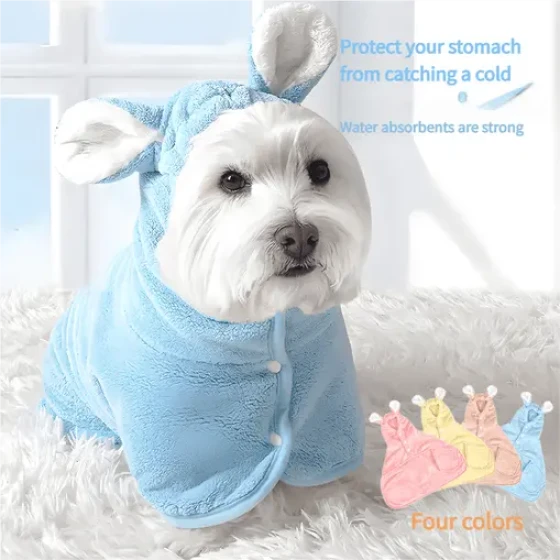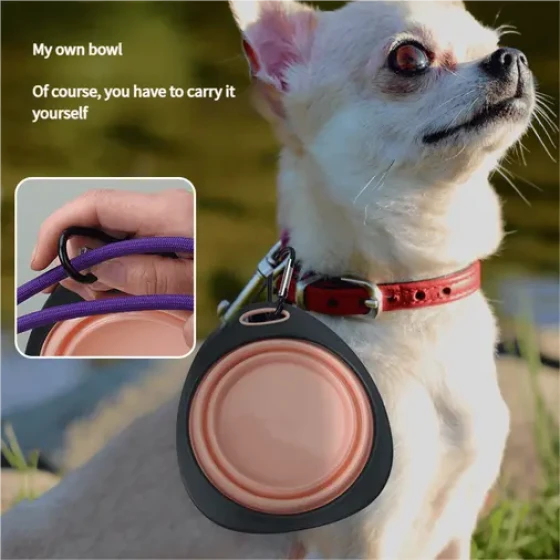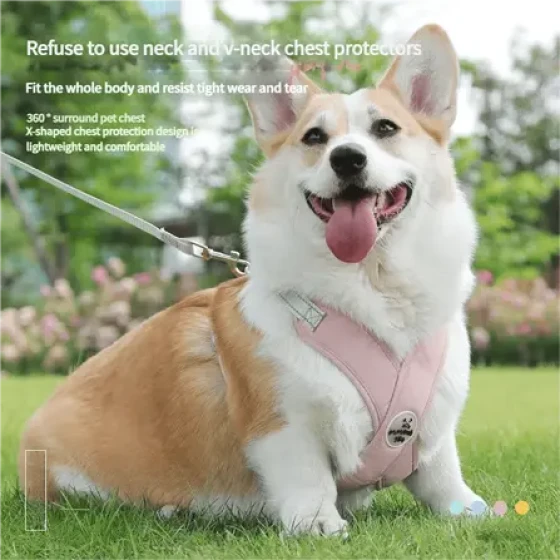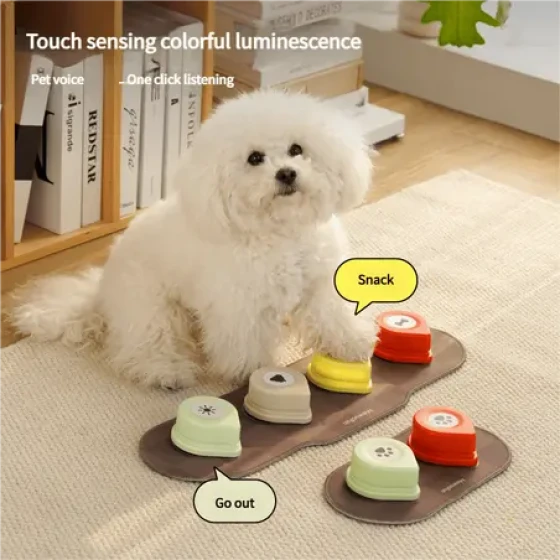2-month-old puppy raising guidelines

Puppy
Generally, the dogs we sell in pet stores are taken out for sale when the puppies are about one and a half to two months old. At this time, puppies are physically weak and the difficulty of raising them is quite high. Therefore, the editor has compiled some essential care tips for 2-month-old puppies, especially explaining how to raise puppies at this stage. New owners, hurry up and learn.
1. Training to go to the toilet at a fixed point (learned after about 1 week through experiments)
1. First, when the puppy relieves itself in the wrong place, put the feces (or urine) on a newspaper, or absorb it, then, in front of the puppy, place the newspaper at the same location repeatedly (although it smells a bit, tolerate it), then take the puppy to the designated spot, telling it that this is the toilet. Finally, use disinfectant to remove the smell of the puppy's original elimination spot.
2. When you see the puppy sniffing around the ground, especially circling while sniffing, pay attention—the puppy is preparing to relieve itself. Especially after the puppy just ate or drank water, it is important to watch closely. At this moment, before the puppy begins, quickly carry the puppy to the designated spot like lightning. If the puppy has already taken the posture, do not move it to avoid problems.
2. Bathing Issues
In summer, it’s hot, and most homes have air conditioning on, so remember to turn off the air conditioner before and after bathing the puppy. Also, use warm water (around 40°C) for bathing and preferably use a shampoo specially made for dogs. After washing, immediately use a hairdryer to completely dry the fur to avoid mites caused by dampness. For puppies just brought home, only bathe after one week of stable health. Do not bathe too frequently afterwards, once a week is sufficient. In winter, if the puppy is not very dirty, bathing once every half month is recommended.
3. Feeding Issues
It is recommended to feed dog food, which is nutritionally balanced and beneficial to the normal growth and development of puppies. For 2-month-old puppies, be careful not to overfeed. It’s suggested to feed three meals a day, in small amounts, multiple times. After 4 months, feeding twice a day is possible. Puppy food can be soaked in warm water before feeding. If you want to feed human food, be cautious not to make it too salty, as dogs have different tastes from humans. Remember never to feed chocolate, onions, chicken or duck bones, milk (which causes diarrhea), and some puppies are allergic to seafood. Feed less meat when young.
4. Training
1. Puppies like to bite things when young; you can buy dog chew toys that help grind their teeth and can also be eaten. They also help clean the mouth, but when purchasing, check the instructions about the suitable puppy age, don’t buy the wrong ones!
2. When the puppy does something wrong, do not hit with your hand as it is painful. You can roll a newspaper and tap, which is not painful but has a deterrent effect. Of course, the editor does not recommend punishment or scolding during training.
3. Puppies like to eat random things when outside. At this time, be very careful. If the puppy’s nose is close to the ground sniffing, immediately pull the leash and lead the puppy away. Try to prevent the puppy from sniffing other dogs’ feces and urine, because some infectious diseases can be transmitted through feces and urine. Of course, if it’s a male dog, they need to sniff first to identify others, then cover with their own scent. It’s hard to avoid sniffing these things.
5. Care
1. Timely vaccination, regularly deworming inside and outside the body; avoid using human deworming medicine.
2. Regularly check the puppy’s ears. If there is dirt, gently clean with a cotton swab.
3. Spend more time playing with the puppy.
